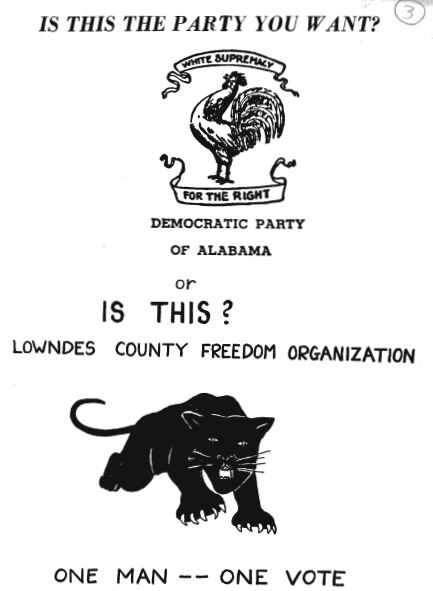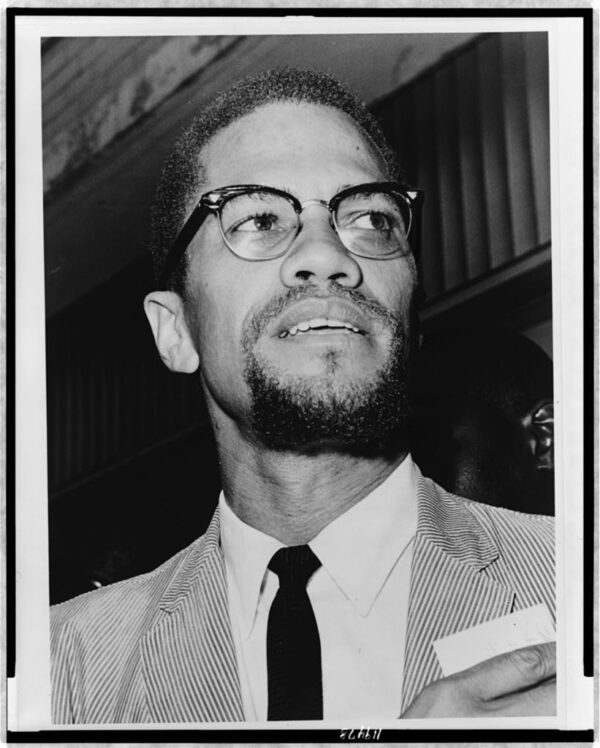Kwame Ture, born Stokely Carmichael in Trinidad, was an activist known especially for his work in America with the Student Nonviolent Coordinating Committee (SNCC) and the Black Power movement. As a nineteen-year-old student at Howard University, Carmicheal became one of the youngest Freedom Riders when he joined the efforts of the Congress of Racial Equality (CORE) to desegregate buses, restaurants, and related spaces. In June of 1961, Carmichael was one of nine Freedom Riders who were arrested in Mississippi after entering a white-only cafeteria. He served nearly fifty days in a nearby notorious prison farm following the arrest.
Undeterred, Carmichael continued his activism and returned to Mississippi to help organize voter registration during Freedom Summer in 1964. That year he worked closely with Fannie Lou Hamer and others to create the Mississippi Freedom Democratic Party (MFDP) as an alternative to the white-only Democratic party in the state. Following the Democratic National Convention’s refusal to seat MFDP delegates at the 1964 convention and the continued violence endured by non-violent protesters, Carmichael became increasingly disillusioned with the existing political system and with the primary means of protest being utilized. He then turned his focus to Lowndes County, Alabama where he helped local organizers increase Black voter registration from less than 100 to more than 2,500.
In 1966 Carmichael was elected chairman of SNCC. In a 1966 speech, following his arrest and release in Greenwood, Mississippi, Carmichael first called on the audience to turn their focus to Black Power. In turn, Carmichael’s focus increasingly turned to Black power in the United States and a renewed connection to Africa. By the start of the 1970s Ture had married, changed his name, and moved to Guinea. He remained in Africa for the rest of his life, working with organizers there to support the unification of the continent, while sometimes traveling back to the US and other countries to speak and teach.
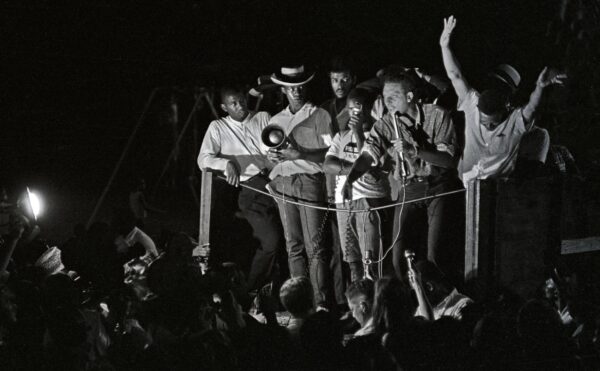
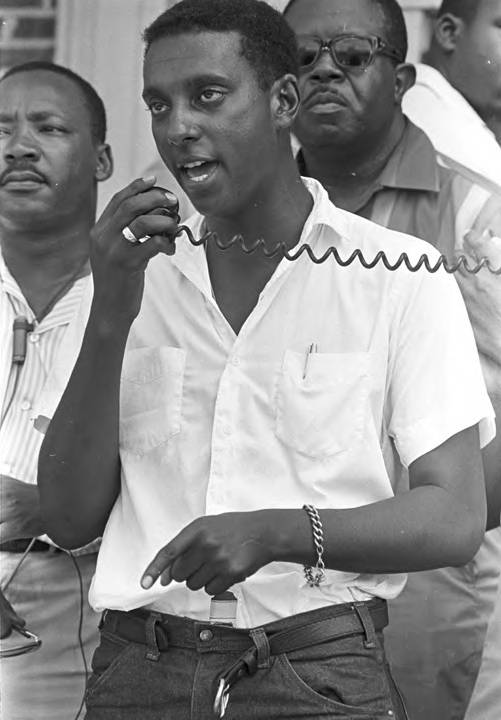
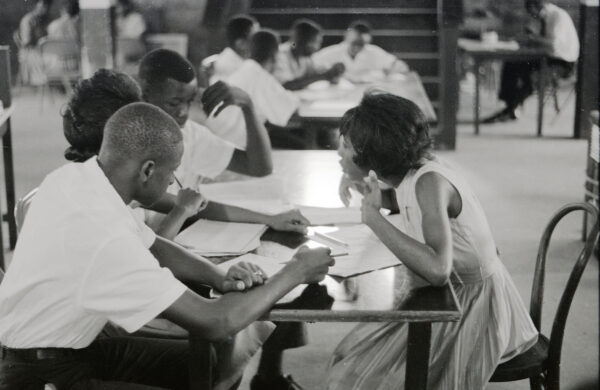
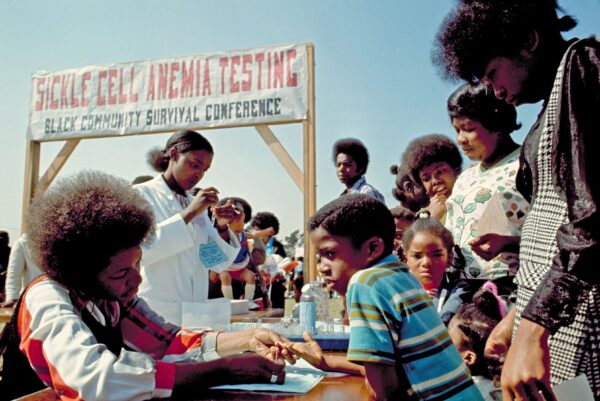
![A black and white pin-back button with text. In two arcs around the top and bottom edges of the button face are black blocks with white text. In the middle, centered, is black text. The text reads: [STUDENT NONVIOLENT / WE / SHALL / OVERCOME / COORDINATING / COMMITTEE].](https://learn.civilandhumanrights.org/wp-content/uploads/2024/03/LP13_Figure-9-600x599.jpg)
